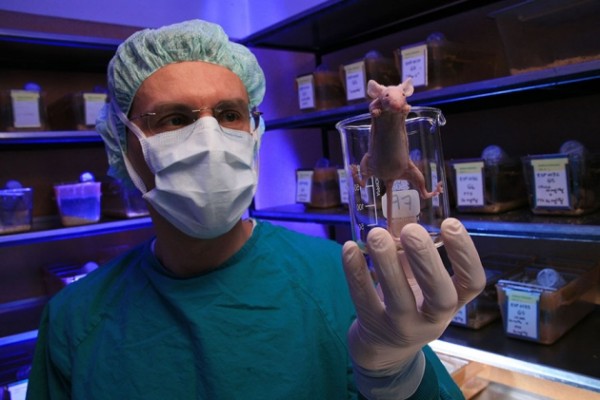Shoddy drug research goes both ways

October 17, 2016
In the last few years there have been a striking number of claims of irreproducible pre-clinical pharma research. One of the most devastating was a 2012 report from Amgen researchers who were unable to reproduce the results of 47 out of 53 academic cancer research studies. There are, of course a number of reasons for the inability of one lab to reproduce another lab’s findings that are unrelated to dishonesty or incompetence on the part of the original investigator. These include an inadequate “methods” description that makes it impossible to accurately recreate the initial conditions; I know of one case of a senior investigator who bragged to me that they omitted critical details of an extremely challenging methods paper when they believed that competing investigators were snapping at their heels.
Another possibility, unrelated to chicanery, are the undocumented changes over time of the reagents employed in the reported studies or changes in suppliers of chemicals, sera or other ancillary materials. Yet another variable are subtle but critical differences in the conduct of the investigations, such as small differences in times, temperatures, pH and ionic strength of solutions. Finally, when data are analyzed statistically, acceptance of an hypothesis is based on the 5% level of significance, meaning that in one instance of 20 an erroneous conclusion may be accepted.
But the finagling of research results can cut both ways. Recently Pfizer fired a senior cancer investigator, Dr. Min-Jean Yin, following accusations of data manipulation. At least five papers in which Yin was a coauthor were retracted subsequent to recognition of doctored figures contained in the reports.
So it may be that the very high rate of irreproducibility may lie in part with the drug companies’ research teams rather than with the academicians who generated the original reports. The only way to get to the bottom of this extremely disturbing picture would be for other, unaffiliated groups to jump in and carry other further repetitions of the original research. Given the cost, the difficulty and the lack of return on investment for replication of experiments, it is highly unlikely that any research team will assume such a thankless task.
Comments
Submit a Comment
Please be sure to fill in all information. Comments are moderated. Please no link dropping, domains as names; do not spam and do not advertise.

 RSS Feed
RSS Feed
There are currently no comments